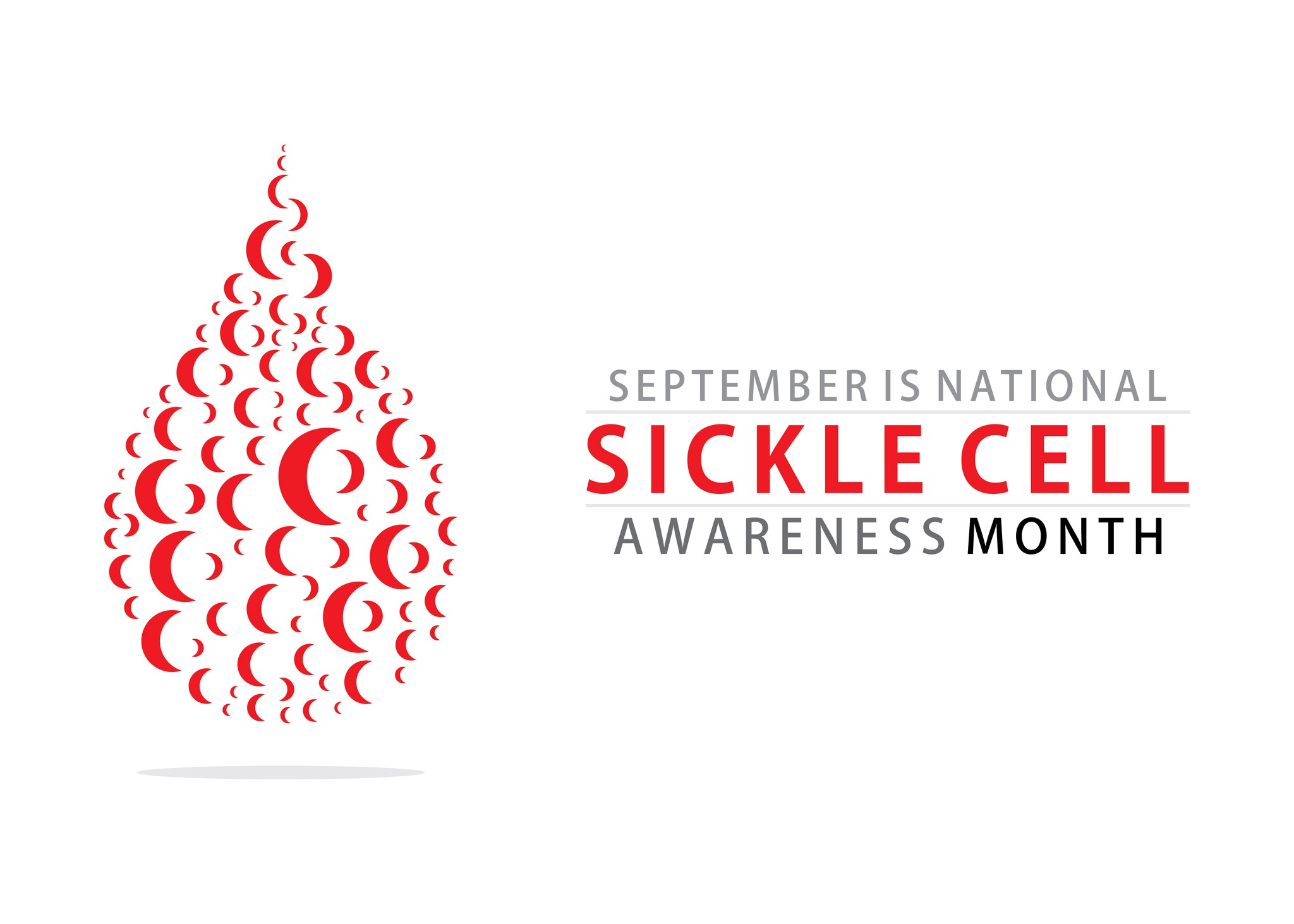September Is Sickle Cell Awareness Month — Johns Hopkins Medicine Experts Are Available for Interviews
09/07/2023

Sickle cell disease is an inherited blood disorder that interferes with the red blood cells’ delivery of oxygen to the tissues of the body. Red blood cells affected by this disease look like a sickle or the letter “C,” rather than the disc-like form of healthy red blood cells. They are also sticky, sometimes sticking together and clogging up blood vessels, which can cause intense bodily pain. Other symptoms include anemia, jaundice, stroke, acute chest syndrome (when cells become sickled in the chest) and splenic sequestration (when sickled cells pool in the spleen).
The CDC estimates that approximately 100,000 people in the U.S. have sickle cell disease. The vast majority of these patients are Black or African American. In fact, 1 out of every 365 Black or African American babies born is diagnosed with sickle cell disease. For parents who each carry the sickle cell gene, there is a 25% chance of having a child born with the illness. There are several treatment options for sickle cell disease, including a type of bone marrow transplant developed at Johns Hopkins.
September is National Sickle Cell Awareness Month. Johns Hopkins Medicine experts who specialize in sickle cell disease are available to speak with reporters about health equity issues related to sickle cell disease. Please reach out to Maura Kinney, our designated media contact, if you are interested in covering this issue.
Sickle Cells Disease Experts
- Director, Division of Hematology, Johns Hopkins University School of Medicine
- Professor of Medicine, Johns Hopkins University School of Medicine
- Director of Psychiatric Services, Johns Hopkins Sickle Cell Center for Adults
- Associate Professor of Psychiatry and Behavioral Sciences, Johns Hopkins University School of Medicine
- Director, Pediatric Hematology, Johns Hopkins Children’s Center
- Director, Johns Hopkins Basic and Translational Research Program and Comprehensive Sickle Cell Center
- Professor of Pediatrics, Johns Hopkins University School of Medicine
- Medical Director of the Sickle Cell Neurodevelopmental Clinic, Kennedy Krieger Institute
- Associate Professor of Neurology, Johns Hopkins University School of Medicine
- Director, Johns Hopkins Sickle Cell Center for Adults
- Professor of Medicine, Johns Hopkins University School of Medicine
- Director, Young Adult Clinic, Johns Hopkins Sickle Cell Center for Adults
- Assistant Professor of Medicine, Johns Hopkins University School of Medicine
- Assistant Professor of Gynecology and Obstetrics, Johns Hopkins University School of Medicine
- Director of Psychiatric Services, Young Adult Clinic, Johns Hopkins Sickle Cell Center for Adults
- Assistant Professor of Psychiatry and Behavioral Sciences, Johns Hopkins University School of Medicine
- Pediatric Hematologist-Oncologist, Johns Hopkins Children’s Center
- Associate Program Director, Pediatric Hematology-Oncology Fellowship
- Assistant Professor of Pediatric Hematology, Johns Hopkins University School of Medicine
- Professor of Medicine, Johns Hopkins University School of Medicine
- Chief, Wilmer Eye Institute – Bel Air
